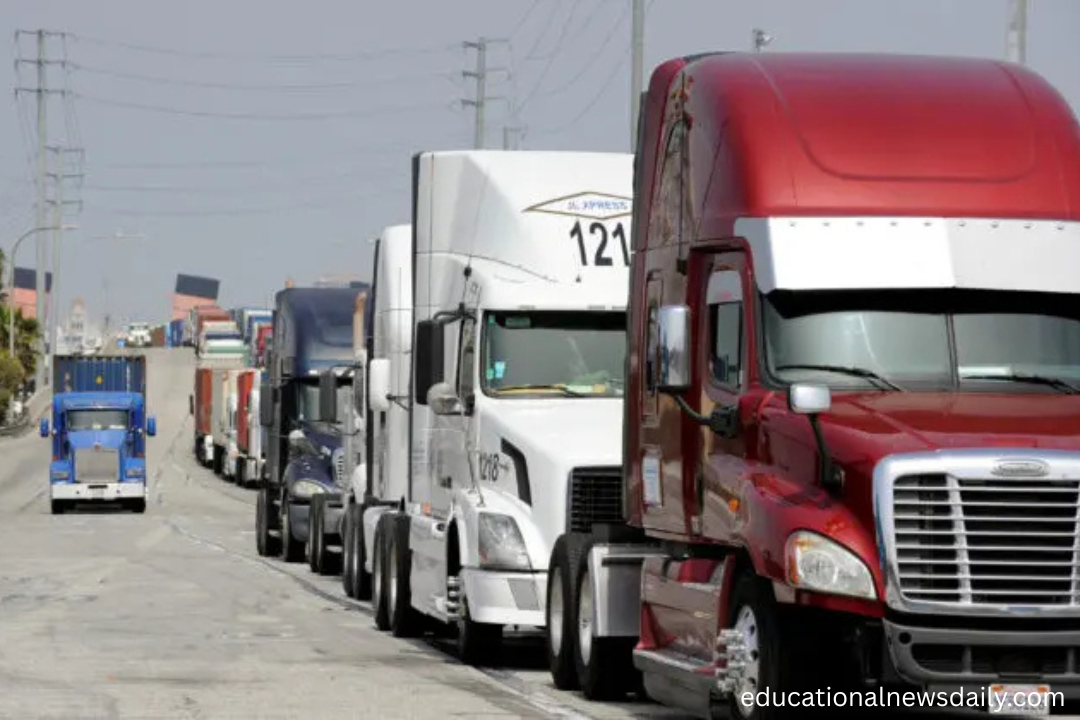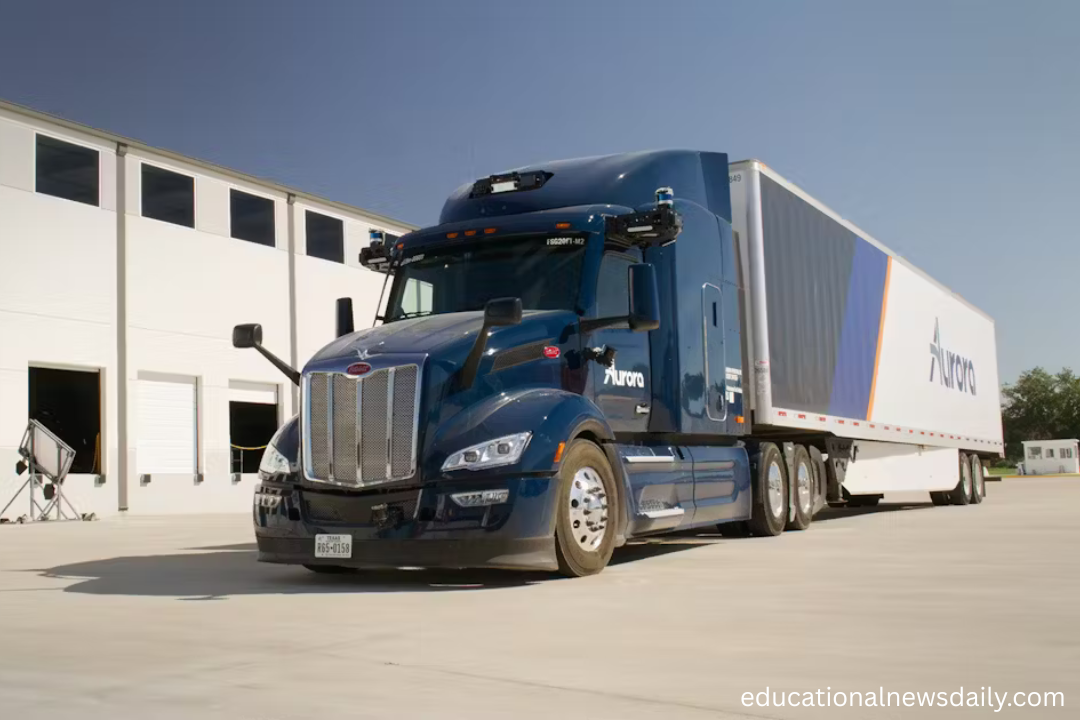Aurora Innovation has officially launched its commercial driverless freight service in Texas, marking a significant milestone in autonomous vehicle technology. The company now operates fully autonomous Class 8 trucks between Dallas and Houston, completing deliveries without a human driver on board. This development positions Aurora as the first company to deploy self-driving heavy-duty trucks for commercial use on public roads in the United States.
Aurora’s Autonomous Freight Operations Begin
After years of rigorous testing, Aurora’s driverless trucks have commenced regular freight deliveries between Dallas and Houston. The company’s proprietary Aurora Driver system utilizes a combination of cameras, radar, and FirstLight Lidar sensors to navigate highways safely. These trucks have already completed over 1,200 miles without a driver, demonstrating the system’s reliability and efficiency.
Strategic Partnerships Enhance Service
Aurora’s initial commercial partners include Uber Freight and Hirschbach Motor Lines. Both companies are leveraging the autonomous service to optimize their logistics operations. The collaboration aims to address challenges such as driver shortages and increasing demand for freight services.
Safety Measures and Technological Advancements
Safety remains a top priority for Aurora. The company has developed a comprehensive Driverless Safety Report outlining its protocols and testing procedures. Aurora’s trucks are equipped with advanced sensors capable of detecting obstacles and navigating complex driving conditions, including nighttime operations and highway construction zones.
Expansion Plans on the Horizon
Looking ahead, Aurora plans to extend its driverless freight services to additional routes, including El Paso, Texas, and Phoenix, Arizona, by the end of 2025. The company is also working with partners like Volvo and Paccar to develop self-driving trucks for high-volume manufacturing, with the goal of making these vehicles available for purchase by 2027.
Addressing Industry Challenges

The launch of Aurora’s driverless freight service comes at a time when the trucking industry faces significant challenges, including labor shortages and rising operational costs. By introducing autonomous trucks, Aurora aims to enhance efficiency, reduce delivery times, and improve overall road safety.
Frequently Asked Questions (FAQs)
What is Aurora’s new driverless freight service?
Aurora has launched a commercial driverless freight service in Texas using autonomous trucks that operate without a human driver onboard.
Where is Aurora operating its autonomous trucks?
Aurora currently runs its self-driving freight service between Dallas and Houston, with plans to expand to other major routes in Texas and beyond.
How do Aurora’s trucks operate safely without drivers?
Aurora’s trucks use a combination of lidar, radar, cameras, and the proprietary Aurora Driver system to safely navigate highways and traffic conditions.
Which companies are partnering with Aurora?
Aurora has partnered with companies like Uber Freight and Hirschbach Motor Lines to help optimize freight logistics using autonomous technology.
What makes Aurora’s technology different?
Aurora uses its unique Aurora Driver platform and FirstLight Lidar to provide high-precision navigation, allowing safe operation even in complex environments.
Is Aurora planning to expand beyond Texas?
Yes, Aurora plans to extend its services to El Paso, Phoenix, and additional long-haul freight corridors across the southwestern U.S. in the coming years.
How does Aurora address safety concerns?
Aurora publishes a detailed Driverless Safety Report and follows strict testing protocols to ensure the safety and reliability of its autonomous fleet.
When will Aurora’s autonomous trucks be available to purchase?
Aurora aims to make its self-driving truck technology commercially available through manufacturing partnerships with Volvo and Paccar by 2027.
Conclusion
Aurora’s successful deployment of driverless freight trucks in Texas represents a pivotal advancement in autonomous transportation. As the company continues to refine its technology and expand its services, it stands at the forefront of transforming the logistics industry through innovation and automation.


